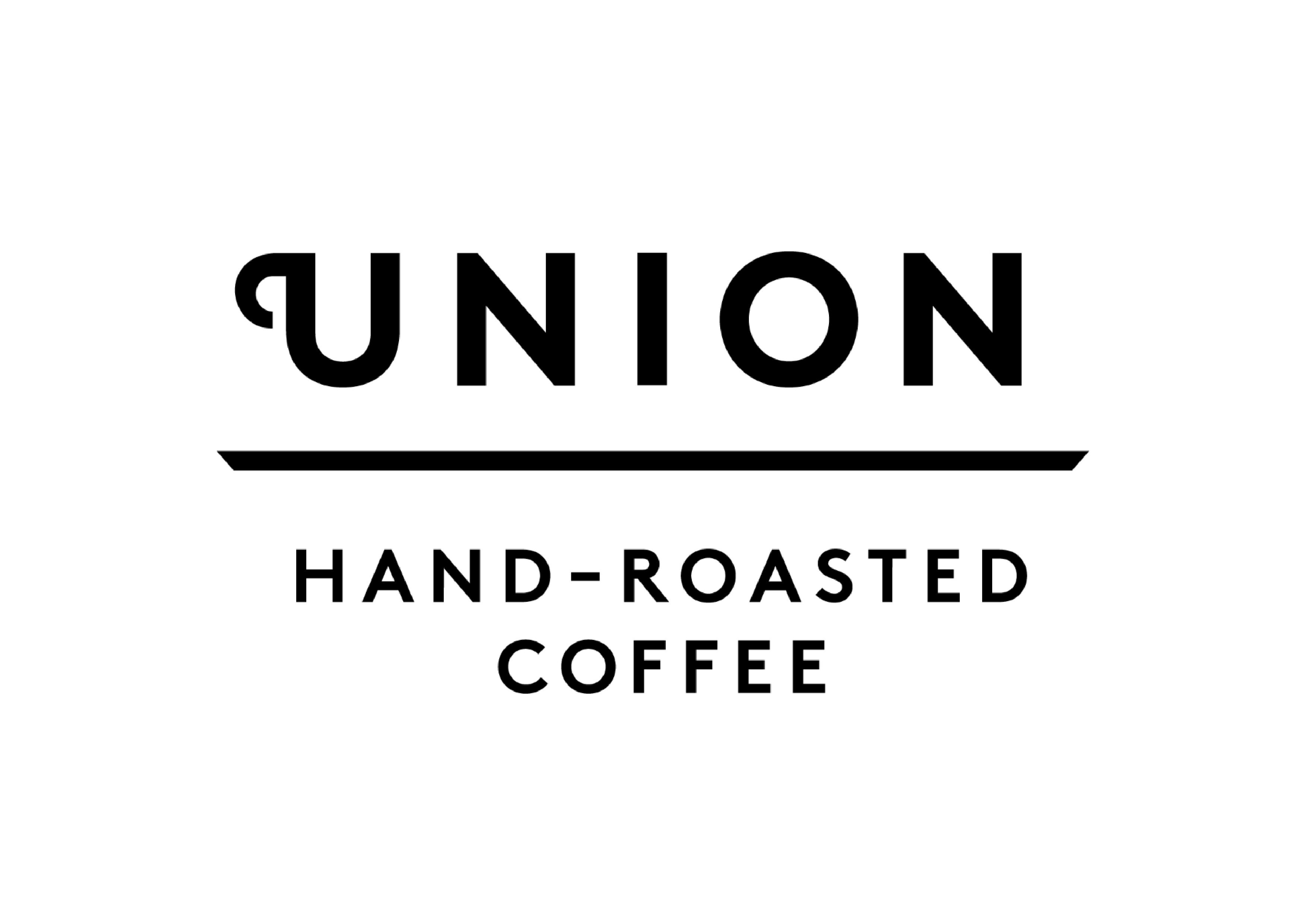

UNION HAND-ROASTED COFFEE

LONDON, United Kingdom
April 2022
Agricultural Processing
Agriculture/Growers
United Kingdom
Sharing the joy of speciality coffee, from farmers to coffee lovers’ – that is the mission of Union Hand-Roasted Coffee, one of the UK’s leading specialty coffee roasters. Founded in 2001 by Jeremy Torz and Steven Macatonia, Union was created with the purpose of having a positive influence on the livelihoods of small-scale farmers and their workers. Today, the diverse team of over 75 Unionistas source, roast and supply ethically-sourced, high-quality coffee to speciality cafes and restaurants, supermarkets and direct to consumers via unionroasted.com. Coffee is sourced through “Union Direct Trade”, an award-winning (Queen’s Award 2017 and 2022) supply-chain initiative that supports transparency and traceability. Working with over 40 producer partners globally, Union goes beyond certification, building long-term relationships with producers and increasing their income through paying higher prices, linked to coffee quality - positively impacting over 13,000 family farms globally. Union’s Impact Strategy covers also community and environment – Union is ISO-14001 certified and operates Zero to Landfill. Union has always been a B Corp at its heart and in the way it has behaved, and is proud to join the community of certified B Keepers.
Overall B Impact Score
Governance 17.0
Governance evaluates a company's overall mission, engagement around its social/environmental impact, ethics, and transparency. This section also evaluates the ability of a company to protect their mission and formally consider stakeholders in decision making through their corporate structure (e.g. benefit corporation) or corporate governing documents.
Workers 23.5
Workers evaluates a company’s contributions to its employees’ financial security, health & safety, wellness, career development, and engagement & satisfaction. In addition, this section recognizes business models designed to benefit workers, such as companies that are at least 40% owned by non-executive employees and those that have workforce development programs to support individuals with barriers to employment.
Community 39.8
Community evaluates a company’s engagement with and impact on the communities in which it operates, hires from, and sources from. Topics include diversity, equity & inclusion, economic impact, civic engagement, charitable giving, and supply chain management. In addition, this section recognizes business models that are designed to address specific community-oriented problems, such as poverty alleviation through fair trade sourcing or distribution via microenterprises, producer cooperative models, locally focused economic development, and formal charitable giving commitments.
Environment 19.7
Environment evaluates a company’s overall environmental management practices as well as its impact on the air, climate, water, land, and biodiversity. This includes the direct impact of a company’s operations and, when applicable its supply chain and distribution channels. This section also recognizes companies with environmentally innovative production processes and those that sell products or services that have a positive environmental impact. Some examples might include products and services that create renewable energy, reduce consumption or waste, conserve land or wildlife, provide less toxic alternatives to the market, or educate people about environmental problems.
Customers 3.2
Customers evaluates a company’s stewardship of its customers through the quality of its products and services, ethical marketing, data privacy and security, and feedback channels. In addition, this section recognizes products or services that are designed to address a particular social problem for or through its customers, such as health or educational products, arts & media products, serving underserved customers/clients, and services that improve the social impact of other businesses or organizations.